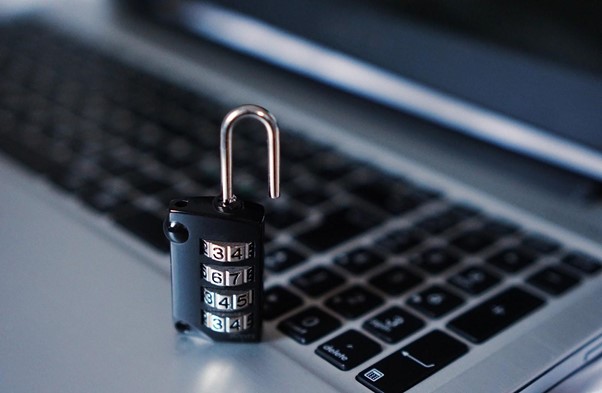What is Cybersecurity in Education? Cybersecurity is the intentional protection of systems, programs, and networks from digital attacks. Since anyone connected to a network is a potential target, a school cannot fully eliminate hackers. Still, a school or university can protect its systems from these attacks using the methods we will discuss below. Students are quite interested in matters on cybersecurity, as they live in a world where they experience first-hand the risks they are exposed to each time they use a computer. There are now several free essays about cybersecurity that explain what it means and how you can be exposed to using your personal computer or belonging to a college or university. An essay explaining how hackers gain access to a campus’ systems helps students understand how they can protect themselves and their institution from unnecessary attacks.
Some of the risks, threats, and vulnerabilities to systems at universities include: Ways that Universities are Exposed to Cyber Threats There are several issues on cyber security in universities. Some of the most common threats are as follows: Malware When people talk about protection against cyber-attacks, they rank malware at the top of threats to computers and files. There are possible grades of malware since some are deemed worse than others. It manifests when malicious software installs itself in a computer system and conducts unauthorized activities such as deleting files, accessing programs, and stealing students’ valuable information. How malware attacks:
Clicking unsafe links Inserting unchecked hardware on computer ports that will then spread viruses Opening infected files
Prevention: A top lesson is to scan a USB device before use because you never know whether or not it could contain a virus. Also, a school should have anti-malware software in place to prevent any of this from happening. Password Theft This is quite common, and it has been used as a way to bully others online. Those who hack and steal one’s password will then require humiliating things– or money – if they do not want their lives exposed. There are now quite several essay samples on how cyberbullying affects the lives of those bullied since this subject has grown with the popularity of social media. Each persuasive essay example about cyber bullying is a clear indication of how rampant this activity has become, and something needs to be done to ensure that perpetrators don’t always get away with it. How password theft happens:
When you write your password on a piece of paper, then leave it lying somewhere Using simple details as passwords – such as your name Logging into a public computer and forgetting to log out
Prevention: Save your passwords where only you can access them because pieces of paper are not reliable. You also need to come up with difficult passwords that no one knows. One more thing, always log out of emails or social media accounts when using the class or campus computer. Phishing Attacks An end-user will be sent an email requesting access to their system or asking to give their password. They grant access to the entire system when they do, and so many things could go wrong after this. This form of attack is one of the oldest in the books. How it Happens:
When a user grants access to a hacker through sharing of sensitive information Limit access to sensitive information
Prevention: Do not share passwords, as this is the most common way to expose yourself. As an organization, you also want to limit access to sensitive information to only people you can trust. Ransomware When you download things from unsafe links or go to sites that might be unsafe, you expose yourself to one of the nastiest malware ever. Once it has attached itself to your computer and files, they will be rendered unusable until some demands are met. How does ransomware attack your programs?
Through phishing when you open emails from unknown senders There are the potential risks of installing or upgrading software Through visiting risky sites on a student’s laptop and opening unsafe links
Prevention: There is always the idea of never opening emails from unknown senders since they could be risky. You also don’t want to click just any link that shows up on your email. We cannot understate the need for your anti-virus to be up-to-date too. Backing up your files is also the best way to ensure that you are safe when the worst happens. Conclusion Now that it is clear that many university security systems are always under threat, we should always be looking for ways to prevent cyber-attacks. The list above is inexhaustive, but it shows the most likely vulnerabilities of a school’s systems. There is more to a university than students taking a course or writing an exam. They do research too and handle sensitive information that some black hat internet hackers find invaluable. About the author Rebecca Robinson has spent many years investigating the actions of cybercriminals and helping students protect their personal information. She has repeatedly encountered the problem of cyberbullying students in universities and understands the importance of protection against cyber attacks.
